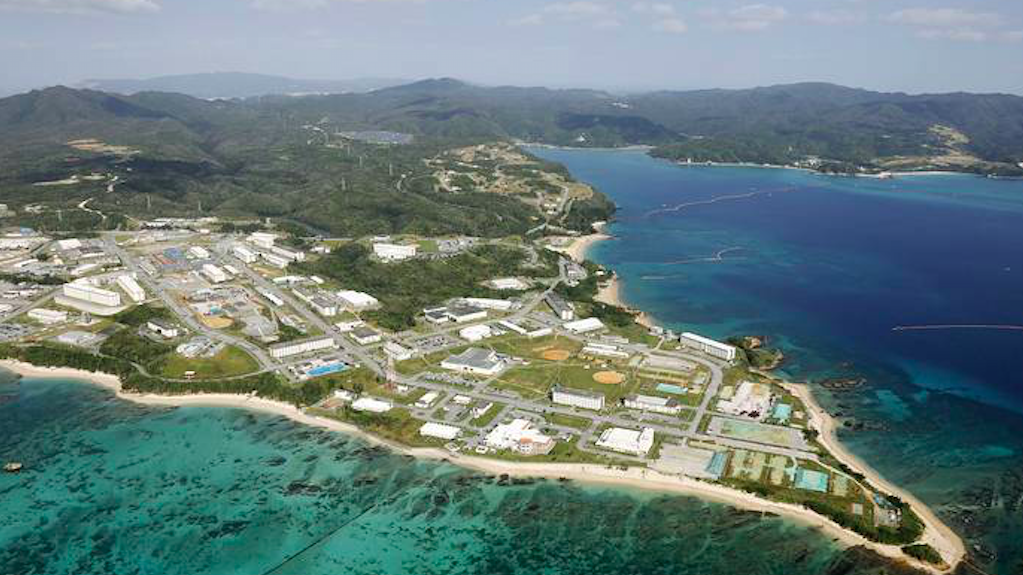The United States Navy has put a ban on alcohol intake beginning Monday for all American military members and has also handed down an order for personnel to stay within their installations in order to appease Japanese wishes after a number of criminal acts dominated the headlines on the quaint Asian island nation.
The most recent incident that sparked the prohibition was one that took place Sunday, when a U.S. Navy sailor was charged with drunk driving after Okinawa police found her driving the wrong way on a highway before hitting two other automobiles on the busy thoroughfare.
Japanese authorities are saying the service member had a blood-alcohol level six times the legal limit.
The arrest is on the heels of an imposed “unity and mourning” period that was supposed to last a month after an American base worker was arrested on suspicion of raping then murdering a young Japanese woman, stuffing her body in a suitcase and dumping the remains in a nearby forest.
This from USA TODAY:
Such high-profile crimes have strained U.S.-Japan relations and jeopardize plans to relocate a key U.S. airbase in Okinawa.
Many Japanese already were shocked by the arrest of a Navy corpsman two months earlier on charges of raping a Japanese woman in a hotel in the city of Naha, Okinawa’s capital. The Navy corpsman pleaded guilty in a Japanese court last week. No date has been set for sentencing.
Roughly half the 54,000 U.S. troops stationed in Japan are in Okinawa, and some residents have long complained of noise, congestion and crime associated with the heavy military presence.
The recent arrests generated headlines and sharp reaction across Japan, where violent crime is infrequent by U.S. standards.
Protesters are organizing a mass rally on June 19 that they said they hope will attract a larger crowd than the 85,000 who showed up to protest the kidnapping and rape of a 12-year-old girl by three U.S servicemen in 1995. That incident led to negotiations to reduce the U.S. base presence on Okinawa.
The leaders of the branches of the U.S. forces (U.S. Forces Japan, U.S. Pacific Command and others) in Asia announced they were scheduling “emergency meetings” to discuss and strategize the ongoing dilemma of not only the aforementioned crimes, but tension between American and the Japanese in Okinawa and beyond.




































